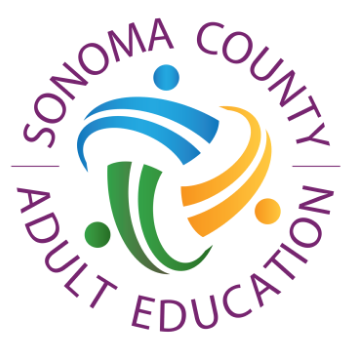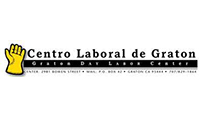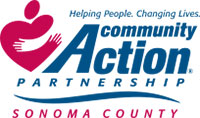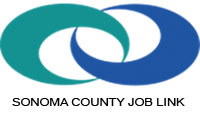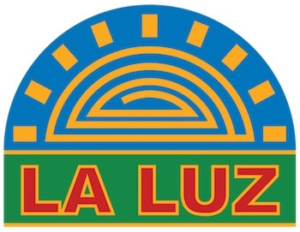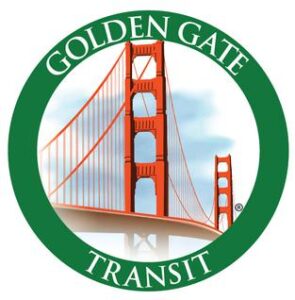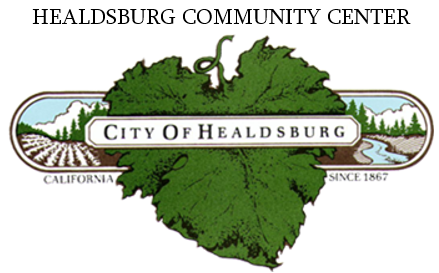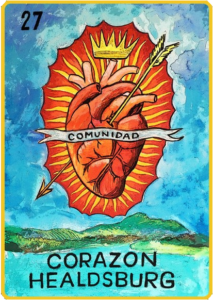Sonoma County Adult Education provides free adult education courses and programs to community residents. Our students come to us with a variety of goals and needs including pursuing higher education, developing workforce skills through industry certification or furthering their English as a Second language education. Using the language and career skills gained through our programs and courses, students can become more productive members of the community, start a new career, advance in their current one, or pursue a four-year degree.
The Sonoma County Adult Education Consortium
The members of the Sonoma County Adult Education Consortium work
together to identify and meet the needs of the region’s lifelong learners. Member agencies offer courses that help adults focus their education and get ahead in their careers.
The Sonoma County Adult Education Consortium is comprised of the Santa Rosa Junior College, Petaluma Adult School/Joint Union High School District, Sonoma County Office of Education, Santa Rosa City Schools, Sonoma Valley Unified School District and Windsor Unified School District. The consortium members are responsible for leadership and strategic direction for the adult education programs & services in Sonoma County.
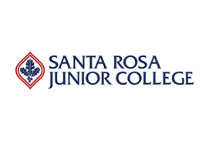
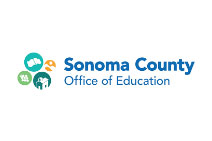
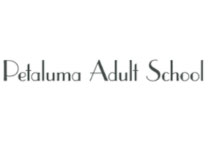
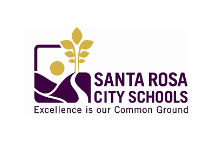
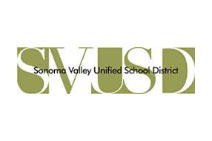

Our Partners
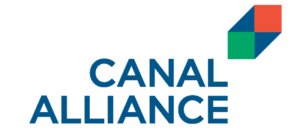




SCAE Regional Plan
Santa Rosa Junior College, founded in 1918, was the tenth two-year college to open in the developing California Community College system. One of the largest single college districts in the nation, SRJC is proud to educate over 35,000 students each year utilizing their main campus in Santa Rosa which includes a state of the art Culinary Training Center with a restaurant and bakery, a technology focused satellite campus in Petaluma, the Southwest Center located in the Roseland neighborhood of Santa Rosa, the Public Safety Training Center in Windsor, and a 365 acre self-supporting farm near Forestville in the west part of the county. The college has been recognized for the high number of students who transfer to four-year universities, and is also well known for the over 150 innovative and engaging Career Technical Education degree and certificate programs.
SRJC partnered with Petaluma High School District who operates the only adult education school in Sonoma County. With robust programs for English learners, adults seeking a high school diploma or its equivalent, classes in technology for the workplace and apprenticeship programs that serve the greater bay area, the Petaluma Adult School provides excellent baseline services for adults throughout the county.
The Sonoma County Adult Education Consortium built on this partnership by bringing in critical community and government agencies, as well as additional school districts to understand the needs of adult learners in the community and to design a regional program to better serve the population. Several key ideas to expand current programs, design new programs needed to ensure that students are college and career ready, and provide services that support students in their academic pursuits surfaced during the stakeholder meetings held throughout the planning period.
Stakeholder participants all agreed that having services located in satellite facilities throughout the county would better serve the needs of at-risk students who do not have transportation or time to travel to the regular adult education campuses. Some satellite programs currently exist where services or programs could be expanded, but new satellite locations would need to be developed in at least five locations in more remote areas of the county, such as the far north and west, as well as corrections facilities.
The second need identified was an Outreach Specialist position that provides a bridge between counselors and instructors assisting students through the process of program completion with frequent communication, follow up and referrals to additional support mechanisms if needed. The Outreach Specialists reinforce student roles and goals to keep them on track in their current AE program and moving toward their post-AE goal.
Finally, it was determined that information about adult education programs should be widely distributed throughout the county and that a single website should be used as a clearinghouse for adult education curriculum and service providers to provide better communication and collaboration among the various agencies participating in the Regional Adult Education System. The system would be developed under the AB86 planning grant and maintained as part of the new regional system.
